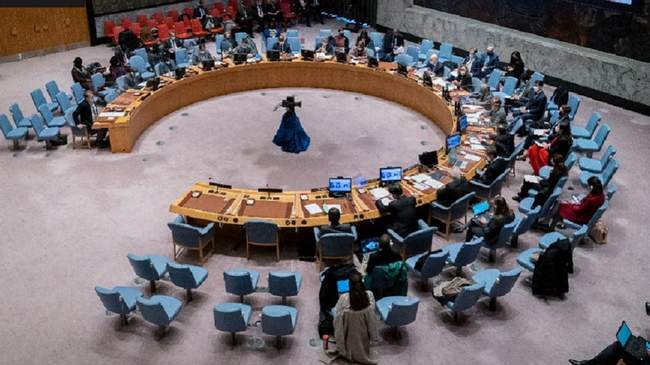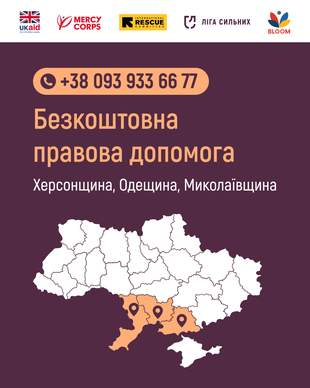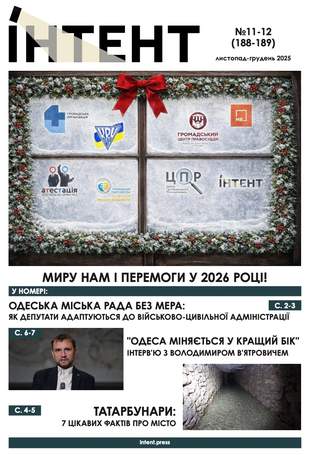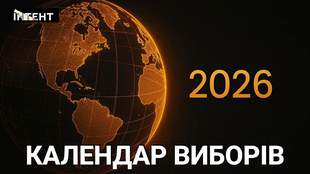Меню
Соціальні мережі
Розділи
Sept. 23, 2024, 10:49 p.m.
UN General Assembly rejects Russian amendments to the Pact for the Future
This article also available in English226

The UN General Assembly. Photo: Suspilne
The UN General Assembly approved the main document of the Future Summit on Sunday, despite the opposition of Russia, whose representative tried to introduce amendments, threatening to refuse to support the consensus document.
This was reported by the Ukrinform media outlet , citing its own correspondent in New York.
RussianDeputy Foreign Minister Sergei Vershinin put to a vote an amendment that would provide for the "principle of non-interference," which is allegedly important for the countries of the Global South so that the "collective West" does not impose its will on them, and eventually called the draft "hypocritical" and criticized Secretary-General Antonio Guterres for allegedly not taking into account all the proposals. In case of refusal to support the Russian amendment, Vershinin said, Moscow would "distance itself" from the consensus adoption of the document.
The Russian amendments were rejected by 143 votes. As a result, the President of the General Assembly, Philemon Young, declared the Covenant adopted and signed it.
The 42-page "Pact for the Future" contains a list of countries' intentions to address global issues ranging from military conflicts and climate change to artificial intelligence and reforming the UN and global institutions.
The document contains sections on Sustainable Development and Financing for Development, International Peace and Security, Science, Technology, Innovation and Digital Cooperation, and Youth and Future Generations.
In particular, the section on peace and security states: "The scourge of war is taking on new and more dangerous forms. Today we are closer to nuclear confrontation than at any time since the end of the Cold War."
The countries pledge to act "collectively to maintain and restore international peace and security on land, at sea, in space, in cyberspace and in other emerging domains, to more effectively address interrelated global threats and to fulfill the promises contained in the UN Charter".









